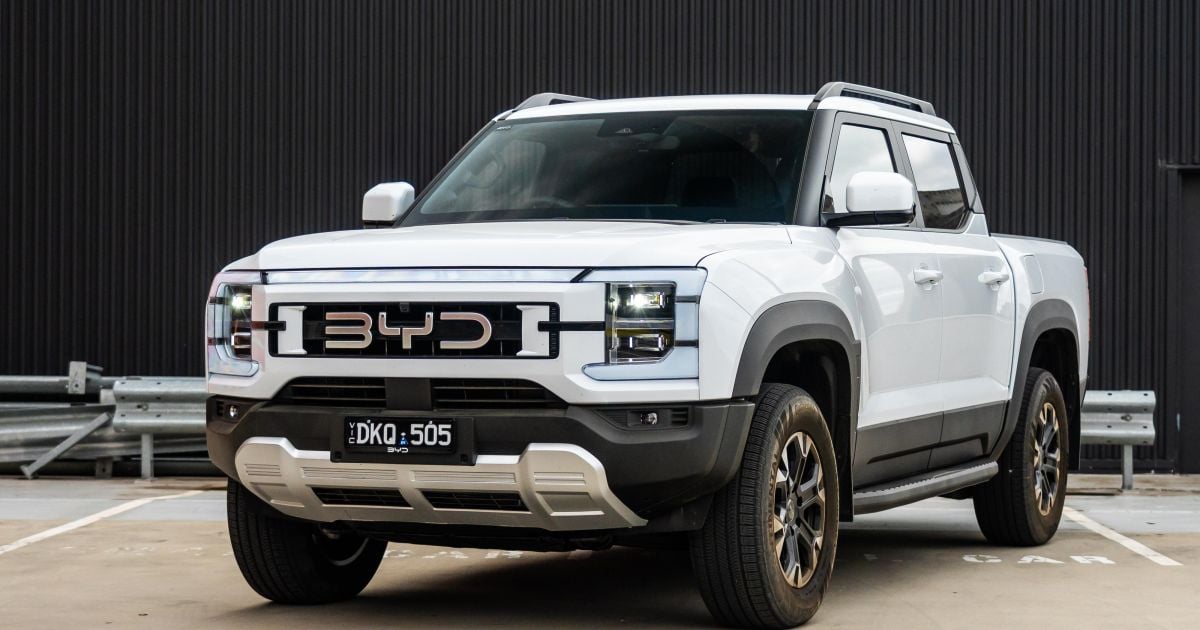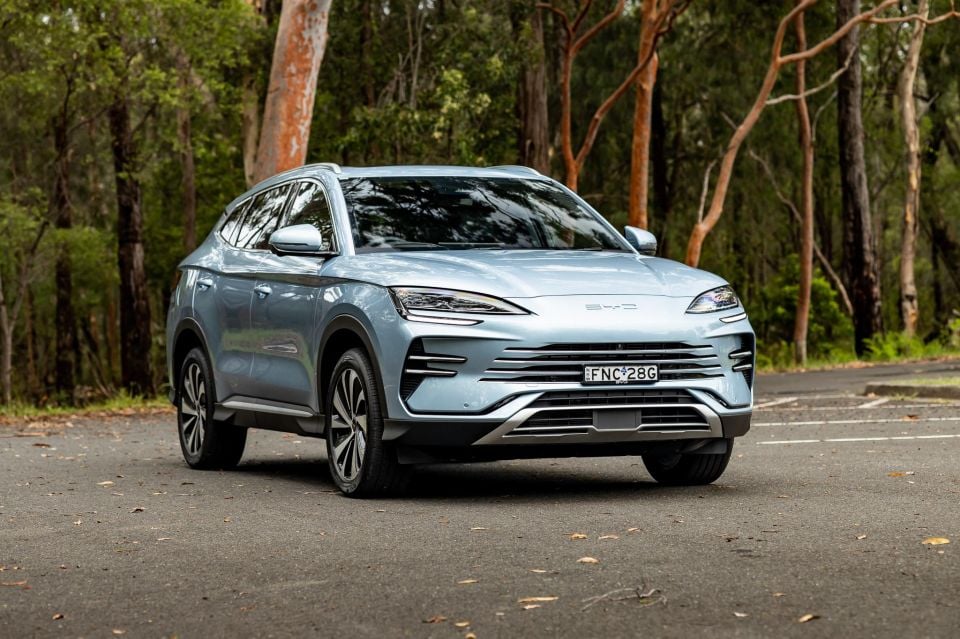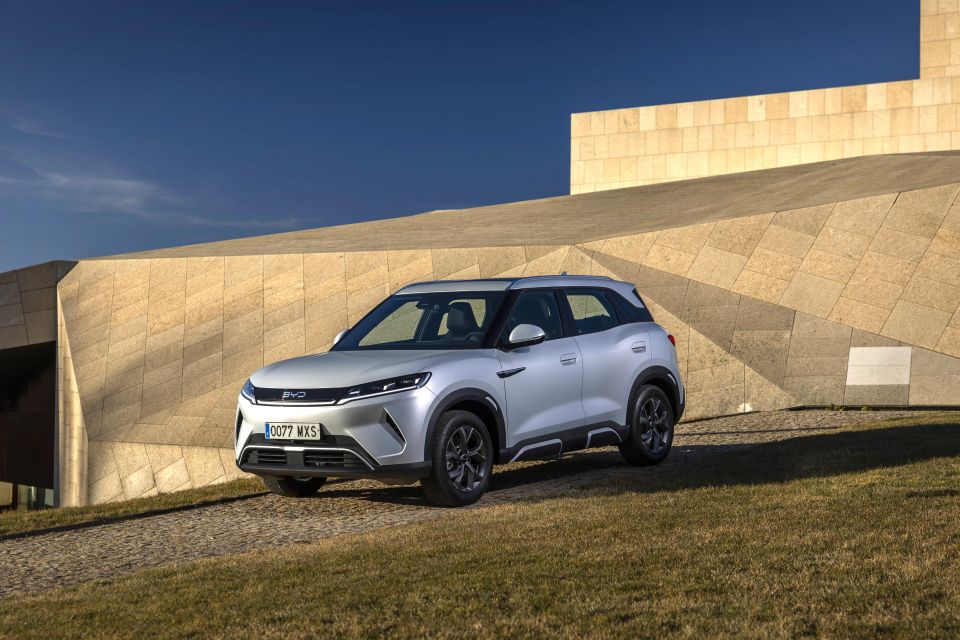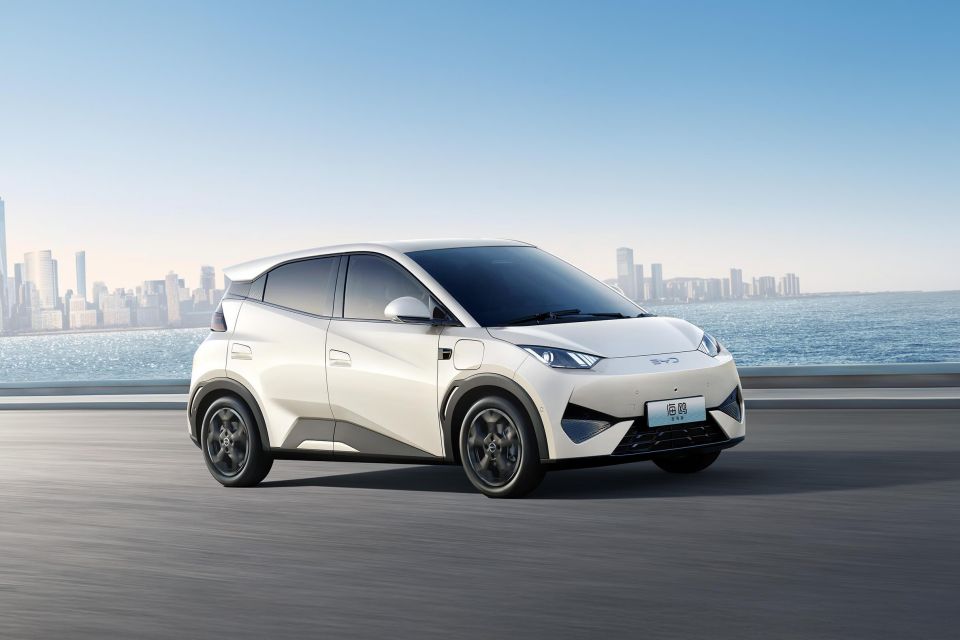
BYD has reportedly reduced production at its Chinese factories after significant price cuts have seen slower growth than planned in the company’s home market.
According to Automotive News, BYD – which overtook Tesla to become the world’s largest electric vehicle (EV) maker in 2024 – has made the unprecedented move of cancelling night shifts at some of its plants.
The report suggests the automaker has reduced capacity by as much as one third at some of its plants, suspending plans for new product assembly lines as part of the move.
One source told Automotive News BYD has missed targets to grow sales from the 4.27 million it sold globally in 2024 – including 20,458 in Australia – to 5.5 million in 2025.
Hundreds of new car deals are available through CarExpert right now. Get the experts on your side and score a great deal. Browse now.

By the end of May 2025 BYD had sold 1.76 million cars globally, the rate working out to be 4.23 million for the full calendar year.
BYD would not confirm the slowdown or comment when approached by Automotive News.
Making BYD’s performance less obvious has been a dramatic global sales slide for Tesla including falls in Europe, China and Australia, with the Toyota RAV4 knocking off the Tesla Model Y as the world’s best-selling vehicle.
In the first three months of 2025, Tesla production fell to 362,615 units compared to 433,371 over the same period the previous year, with revenue falling 66 per cent.
Yet China Association of Automobile Manufacturers (CAAM) production figures for BYD revealed growth of only 0.2 per cent in May 2025, the lowest growth figures since February 2024, which had fewer production days as the month was disrupted by national holidays.

Data from the China Automotive Dealer Association (CADA) showed BYD held 3.21 months’ worth of stock at its China dealers compared to the 1.38 industry average, again confirming slower than expected sales.
The automaker exclusively builds electric and plug-in hybrid vehicles (EVs and PHEVs), having ended production of pure combustion-powered vehicles in 2022.
In a move seen previously in the automotive industry in the United States and Australia, the China Auto Dealers Chamber of Commerce has called for car manufacturers to stop loading up dealers with excess stock.
The news also comes as Chinese automakers have been accused of recording sales of new cars in China to obtain new-car financial subsidies, but then shipping those cars overseas as ‘used’, inflating Chinese sales figures and sales growth.
According to Reuters, the issue came to light when Great Wall Motor (GWM) chairman Wei Jianjun was critical of the practice – known as selling ‘zero mileage cars’ – in May.

The practice has also put downward pressure on new vehicle prices, sparking a price war to reduce the margin on each vehicle, ironically making sales of zero-mileage cars more enticing.
The BYD Seagull – a city-sized EV hatch which could also get a start in Australian showrooms – was overtaken in May 2025 by the Geely Geome Xingyuan, offered with both EV and hybrid versions, as China’s best-selling vehicle.
After launching here exclusively with EVs, BYD introduced its first PHEVs to the Australian market last year.
BYD will take over the local distribution from EVDirect on July 1, 2025, with ex-Honda Australia director Stephen Collins announced as chief operating officer earlier this month.
The company’s Australian sales are up 94.7 per cent to the end of May 2025, led by the Ford Ranger-rivalling Shark 6 pickup with a raft of new models – including the Atto 2 small SUV and the Sealion 8 seven-seat plug-in hybrid SUV – confirmed for local showrooms.
MORE: Everything BYD








